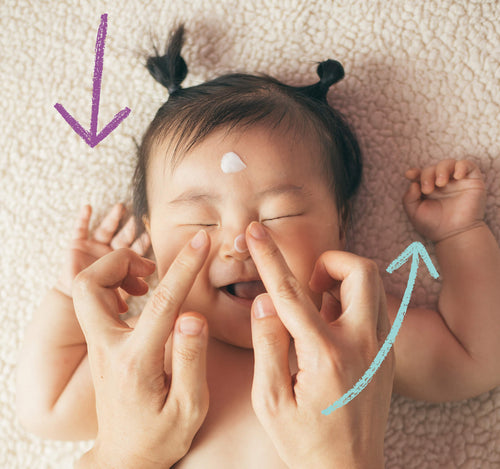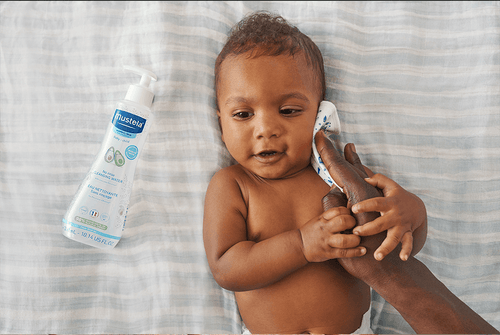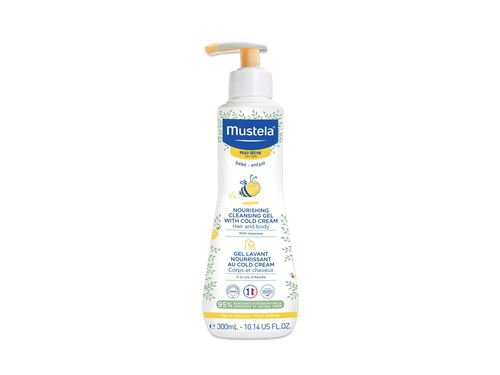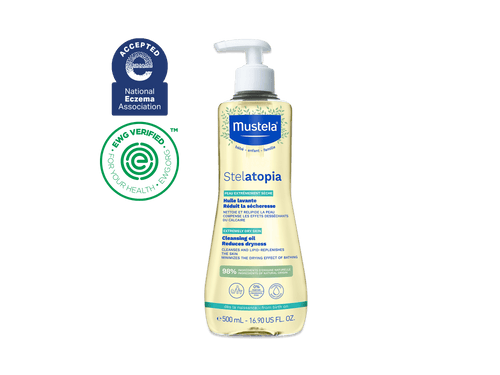Discover your baby's skin type

Discover Your Baby's Skin Type
Normal Skin
There’s nothing quite like the soft delicate skin of a baby. “Normal” refers to this “baby skin” idea: it is supple, soft and comfortable. Still... it is more susceptible to external influences (pollution, bacteria, pollen) and is dehydrated constantly. During its two first years, babies skin needs to be hydrated and protected on a daily basis.
Dry Skin
Dry skin is dehydrated and contains less lipids than normal skin. As a result, it becomes rougher and finer and can also peel or tingle, especially when exposed to harsh weather conditions, hot or cold air etc.).
Eczema-prone skin
Today, eczema-prone skin affects 1 in 5 children. It is a non-contagious chronic inflammatory skin disease, which causes red itchy patches on well-defined areas of the body and face.
But here’s the good news: the symptoms can be controlled (the intensity and frequency of the flare-ups can be decreased) by adopting the right skincare routine and care. These symptoms also reduce with age.
Very sensitive Skin
A baby’s very sensitive skin reacts instantly and temporarily to the slightest everyday stress, to specific products, or to stimuli that would not trigger irritation on normal skin.
Consequently, the skin reddens with a tight, tingling or heating sensation. However, very sensitive skin can be soothed quickly, no matter what part of the body is affected.
Our formulation charter
YES!
- We choose to be NATURAL
- We offer VEGAN formulas
- Our approach is based on the EXCLUSION of GMOs and limiting the use of PESTICIDES
- We GUARANTEE quality, safety and respect for the environment and human conditions
- We source our active plant ingredients with respect for BIODIVERSITY and people
- We MANUFACTURE 96% of our products in France, in our factory in Epernon.
NO!
- We exclude proven endocrine disruptors from our formulas
- Our products are tested by an independent scientific laboratory specialized in endocrine disruptors
- We ban a RED LIST of ingredients from our formulas, with restrictions that go beyond the European regulations, already known as one of the strictest and safest in the world.


















